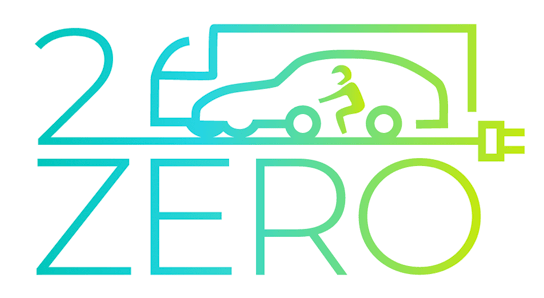Joint EC & EGVIA workshop for advanced automotive batteries research – European projects’ contributions to the key user requirements
Clara de la Torre, the Director for ‘Transport’ in the Directorate-General for Research & Innovation at the European Commission, opened the discussions highlighting the challenges ahead of the research community in terms of battery electrochemistry, battery integration at pack and vehicle levels and battery cell production. After a short overview of past activities and funded topics related to batteries, Stephan Neugebauer, EGVIA Chairman, emphasized the importance of taking into account the customer perspective to ensure market success for electromobility, more specifically by focusing on activities to improve range performance, decrease the cost and improve charging procedures. He also stressed the added value of the work currently performed by the JRC on battery ageing and testing in the framework of the Collaboration Agreement signed with EGVIA.
Lois Brett presented the activities performed in the JRC (Joint Research Centre) battery testing laboratories in Petten (on cell performance and degradation, second use and safety) as well as the policy support activities of the JRC, with a focus on Action 7 of the Integrated SET-Plan “Become competitive in the global battery sector to drive e-mobility forward”.
Axel Barkow (FKA Aachen) presented the outcomes of UNPLUGGED project leading to fruitful discussions on social acceptance of inductive charging technologies, the impact of EV charging on the electricity grid, the standardisation needs at international level in this area as well as the potential impacts of electromagnetic fields on human health.
The second session started with presentations of EUROLIION (Erik Kelder – Delft University of technology), STABLE (Silvia Bodoardo – Politecnico di Torino), ALISE (Christophe Aucher – LEITAT) and MARS-EV (Idoia Urdampilleta – IK4-Cidetec) projects with the objective to highlight their potential contribution to range improvement of EVs. Those presentations led to intensive discussions on the advantages and challenges of each of the electrochemistry solutions, leading to the conclusions that it remains challenging to pick-up a winner today as long as electromobility is concerned. Different opinions were expressed on the potential offered by each technology and research needs at various TRLs; while private companies are willing to fund part of research activities on their own resources, there is still a strong need from public support. The game is still open for current and post lithium technologies but the international competition is strong and we need to move quickly.
The third and last session was dedicated to the key topic of EV competitiveness, and discussions were launched following the presentations of eCAIMAN (Boschidar Ganev – Austrian Institute of Technology), BATTERIES2020 (Elixabet Sarasketa – IK4-Ikerlan) and INCOBAT (Eric Armengaud – AVL List) projects. Issues such as 2nd life, battery recycling opportunities, and the competitive advantage of Europe regarding the high level of competencies in the BMS were discussed.
Such workshops are a great opportunity to get an overview of project process and lead to an exchange of various views between the projects coordinators, researchers and industries representatives.
Presentations are available for download. (see below)
